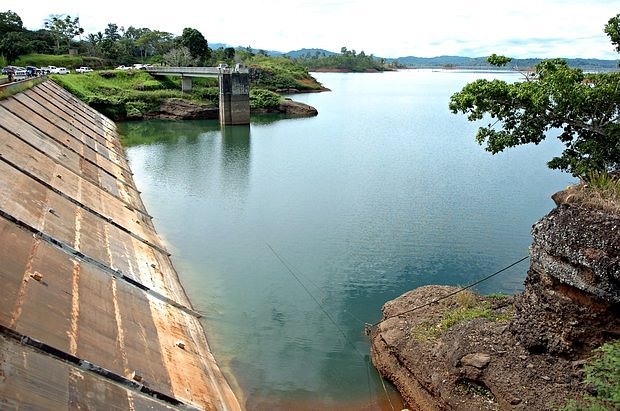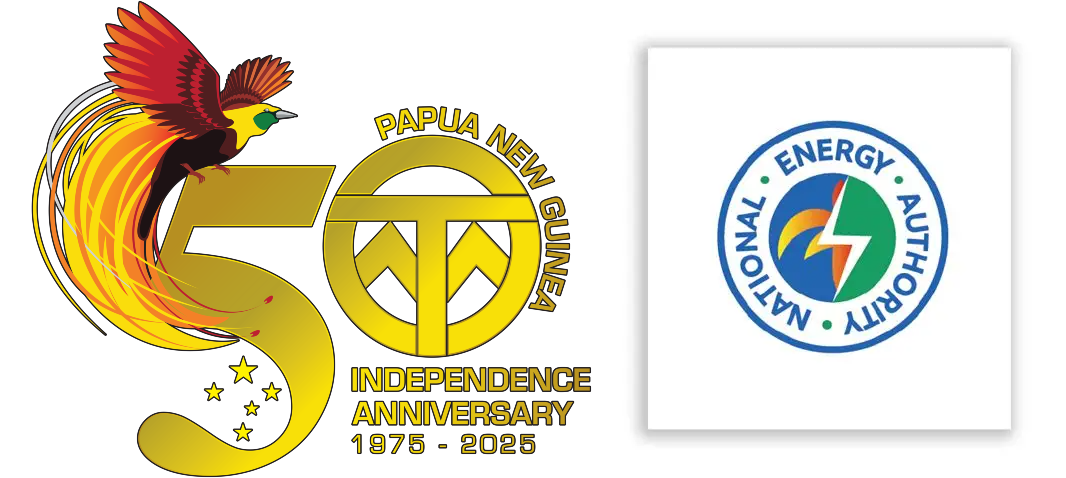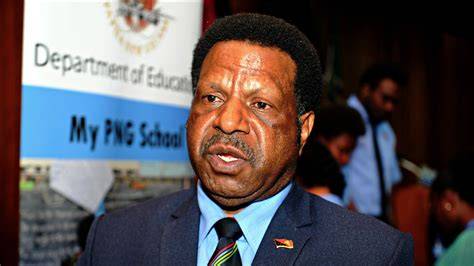The Minister of Higher Education Research Science and Technology, Don Pomb Polye has come out to air his views concerning the post on social media titled, “Cash for Grades” at the University of Papua New Guinea.
Minister Polye said that as the Minister responsible for the Higher Education Sector, he is concerned that the post circulating on social media and later printed in the newspaper is based on actual evidence.
He said that the Chancellor of UPNG is working with the Acting Secretary of DHERST to make inquiry to verify those claims.
“I want to assure the public that proper investigation to those allegations is made.”
“I also wish to assure the public that cash for grades in PNG’s higher education institutions is not a practice as many universities and higher education institutions in our country uphold its integrity and they do not compromise its core values.”
“I would like to take this opportunity to share with the public my views concerning corruption and the steps which I undertook as a Minister responsible for Higher Education, Research, Science and Technology.”
“Corruption is a global, cross-cutting issue that the public and private sector must face together to guarantee a sustainable future and progress on the long-term challenges we are facing.”
“The Zero Corruption in all Higher Education Institutions in Papua New Guinea is my manifesto when I launched the program to digitalize the Higher Education Sector.”
Polye further stated that Higher Education and digital technologies are powerful and mutually reinforcing tools. Polye also said that in August this year, there will be a Higher Education seminar with roundtable discussions related to transparency, accountability, and efficiency of all Higher Education Institutions.
This event will bring together representatives of the PNG’s Universities and Colleges to discuss innovative ways of tackling corruption, looking specifically at the role that education and digital technologies can play.
At the same time, ICT anti-corruption tools can be successful in creating awareness, mobilizing citizens, and reforming Higher Education Institutions.
“In line with key principles of anti-corruption, ICT tools can play a great role in supporting transparency, participation, and integrity.”
“However, to be truly effective, they need a functioning accountability framework that includes an independent judicial system, press freedom and an active civil society.”
This also includes a more transparent and decentralized governance system of our Higher Education Institutions.
At the beginning of May 2023, there was a workshop with PCG Academia to finalize the development of one integrated ICT learning, teaching, and research digitized system.
New technologies and open data now allow anti-corruption people to detect, prevent and even predict corrupt practices that in the past could have been hidden behind a curtain of paper document opacity.
“Technology is becoming a reliable friend of our Government and the Higher Education Ministry is seeking to combat corruption, because combined with their political will, technology can change the policy-making process of public service delivery and the higher education space.”
“Digitalization will allow the Government and the Ministry to establish effective anti-corruption bodies and adapt to the requirements of the digital society and achieve the goals of sustainable development.”
Thus, during the seminar one of the agenda items will be introduction of the digital means of combating corruption in the higher Education Sector:
1) Creation of an e-Higher Education Minister’s system.
2) Provision of digital higher education services with the use of information and communication technologies.
3) Creation of tools to detect manifestations of corruption, including e-declaration, electronic selection of students, recruitment of staff and electronic reporting.
4) Use of social networks to detect cases of corruption in the Higher Education Institutions link to the e-Higher Education Minister’s system.
5) Use of the DHERST’s website to access public information and the opportunity to obtain the necessary information on the activities of Higher Education Institutions, through open access, e-mail, etc.
“One of the main goals of digital Higher Education Sector is to decrease corruption.”
Minister Polye further stated that in the digital age, people must use the information to reduce misconduct and increase institutional transparency, accountability, efficiency, and citizen involvement.
“The strategic plan for the Digital Higher Education Sector in PNG aims the use of the Internet and other digital devices to deliver quality of education, other services to staff and students and information.”
“And to develop process of connecting citizens digitally to their Higher Educating Institutions and the Ministry so that they can access information and services offered by the Ministry and Higher Education Institutions.”
“Additionally, the mechanisms through which digital Higher Education works to reduce corruption are straightforward and that is for the Higher Education Minister’s system to reduce contact between corrupt officials and citizens and increases accountability and transparency across the whole Higher Education Sector.”
Minister Polye further added that all other information distributed through social or traditional media which is contrary to the facts stated above should be dismissed and disregarded.







